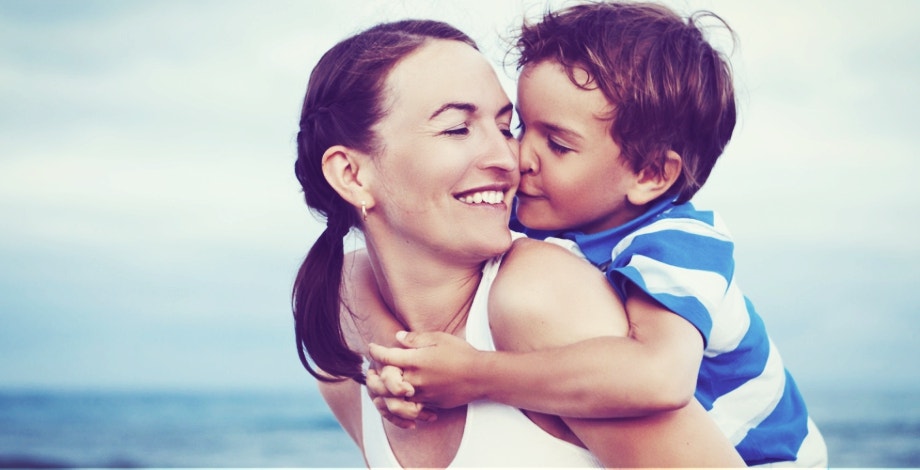Being Overprotective Doesn't Protect Kids — It Makes Them VULNERABLE
Let's try not to ruin the next generation, OK?
 WeHeartIt
WeHeartIt To what lengths do we go to protect our children? At what point is it important to recognize that a parent’s job is to facilitate and help the child to connect with responsibility for their own actions?
As a therapist, I know that the connection between “cause and effect“ is a very important skill for a child to acquire in order to live responsibly in the world. Responsibility has become a very rare thing in our modern culture. This is causing much anguish. We are not facilitating responsibility in our children.
The time to start giving your kids their own responsibilities is when they are young — three to eight years old — because that's when the stakes are smaller. We as parents sometimes have difficulty in allowing our children to learn by natural consequences.
For example, if you ask your 5-year-old to wear a jacket because it's cold outside, but he refuses, you both enter into a power struggle over a seemingly small issue. But it's NOT a small issue. Consider what would happen if you let the child learn the hard way — you let him go outside in the cold without a jacket. When you do that, you allow him to understand that he will have to learn by making his own decisions and dealing with the consequences.
When you make a power struggle out of these smaller issues, it sends the message that your kids don't have the capability of learning on their own.
This is the protection that the child needs — giving them the opportunity to feel autonomous. Being a little cold isn't going to hurt him, but not learning on his own WILL.
If we look honestly at why we make these small issues into power struggles, it is most often because we fear what others might say.
Our culture is strongly guarded against facing our fears and we do everything that we can to avoid dealing with or facing our fears. We are condoning that avoidance in our children.
Rather than teaching our children what they need to survive in this world, we are teaching them that they should not have to deal with those negative feelings, and it does them a huge disservice. It's part of why anxiety had reached epidemic levels in society.
When we don't take the opportunity to allow our kids to learn natural consequences, we take away their ability to face fears and to take responsibility for their actions. An extreme case has opened up in the media.
“Affluenza teen” Ethan Couch is a perfect example of the danger that can ensue in extreme cases of a child not learning the consequences of their own behavior. The 18-year-old Couch pleaded guilty to four counts of intoxication manslaughter and two counts of intoxication assault causing serious bodily injury after he crashed into a disabled SUV as he was driving drunk. He later absconded with his mother and was just recently apprehended in Mexico.
The mother’s attorney, Stephanie Patton, asked “What would you do to protect your child? What would you do if you were the parent of the most hated teen in America? What would you do to protect him?”
This mother's act of trying to sheild her child from the consequences of his decision to drunk drive shows how far our culture has deviated from an appropriate understanding of what we should be doing to protect our children. We need to teach them to accept the real-world consequences of their actions in order to better prepare them for their life beyond us so they can thrive and, in turn, build a better foundation for their own families.

